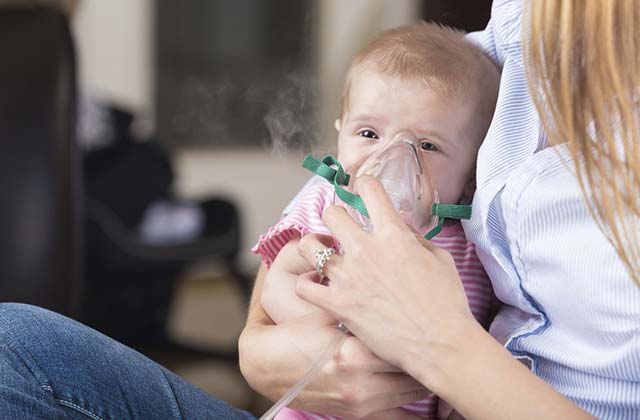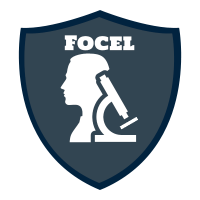
How to Spot Different Types of Allergies in Babies
Are you seeing red spots or rash on your baby’s skin? Has your baby been sneezing a lot? Taking keen observations of these things is a must especially if you are suspecting that your child may be suffering from an allergic reaction.
Babies are prone to suffer allergies more than adults as their skin are more sensitive and their immune system is still developing.
According to statistics, 2% to 10% of the population in Canada are suffering from food allergy. 7.5% have said to have an allergic reaction to food according to a nationwide survey conducted.
There are several types of allergic reactions in babies. Being able to identify the type of allergy your kid is suffering from will help in dealing with and treating it.
Common Types of Allergic Reaction in Babies:
- Hives
Hives are red patches that appear on various parts of the body. They are very itchy and turn pinkish to red as you scratch it.
Hives are developed when the body releases a chemical called histamine. These may be because of a substance that your body is allergic to.
- Eczema
Eczema is considered the most common skin condition in babies.
Eczema is tiny red bumps in the skin. These may also look like flakes, scales, and dry skin.
These may be caused by strong soaps, irritating fabrics, and heat. Babies below 6 months tend to have eczema in the scalp, forehead, and face. While babies between 6 months to a year often have a rash in the knee and elbow regions.
- Papular Urticaria
Papular urticaria is an allergic reaction to bug bites. Insect bites from mosquitoes, bed bugs and mites often lead to papular urticaria for children from 2 years old to 6 years old.
Papular urticaria looks like clusters of red bumps that may be filled with fluid. This usually lasts for several days or weeks.
- Food Allergies
Food allergy is a condition when the body is allergic to a certain food. The most common food allergens are eggs, nuts (cashew, almonds, walnuts, and other nut-bearing trees), cow’s milk, soy, shellfish (like crabs, shrimps, and lobsters), fish, and wheat.
Common symptoms for food allergies involve rash or hives, cough, runny nose, belly pain, swelling in different parts of the body (usually in the face, arm, and legs), vomiting, sore throat, and difficulty in breathing. It may also cause a drop in blood pressure then to shock or otherwise called anaphylactic shock.
- Indoor Allergies
When there is an accumulation of dust inside the house usually in plush toys and pillows. Exposure to perfume, mold, or cigarettes can also trigger indoor allergies in children.
Washing of babies beddings, pillows, and blankets in hot water every week to prevent the accumulation of dust mites. It is also advised to vacuum your couch, curtains, and floors (especially on carpeted floors).
- Pet Allergies
Pet hair may also cause allergies to children and adults. This is a kind of indoor allergies. Its common symptoms include sneezing and sniffling especially when a pet is near you.
If your child is allergic to pets like cats and dogs, there are also alternative pets that may not cause allergic reactions. One example is fish.
Treatment
Some allergic conditions may not need medical treatment as some rash in babies to go away after a few minutes. But when the symptoms are still visible after a few hours and cause discomfort to your child, it is important to get it treated.
There are different treatments for different types of allergy. Here are some of the common treatment for allergies:
- Avoid using scented soap, detergent, and lotions that may cause skin irritation to your baby. Most of these products contain strong chemicals that are not suitable for sensitive skin, especially for babies. Instead, use hypoallergenic products.
- Using moisturizers to prevent dry skin for babies. Moisturizers become a skin barrier to protect the skin from irritants.
- Using hydrocortisone cream to treat skin irritation like eczema, rash, and other allergic reactions.
- Taking antihistamine drugs in the form of a tablet or liquid form that is good for children. Consult your doctor for the right medication.
Studies found that babies who are exposed to allergens in the early stages from 4 months to 6 months old will likely have a lesser chance to have an allergy to food. Food like eggs and peanuts are some allergens that are given to babies in small amounts to build up their immune system to fight back these allergens.Parents should keep tabs on their children’s symptoms to know the right treatment for allergic reactions that their child is experiencing. Contacting an online doctor is advised if the symptoms persist. There are online doctors in Vancouver available for treating allergies for babies and children. Ask your questions to a licensed online doctor Vancouver to receive instant medical advice and a second opinion.
